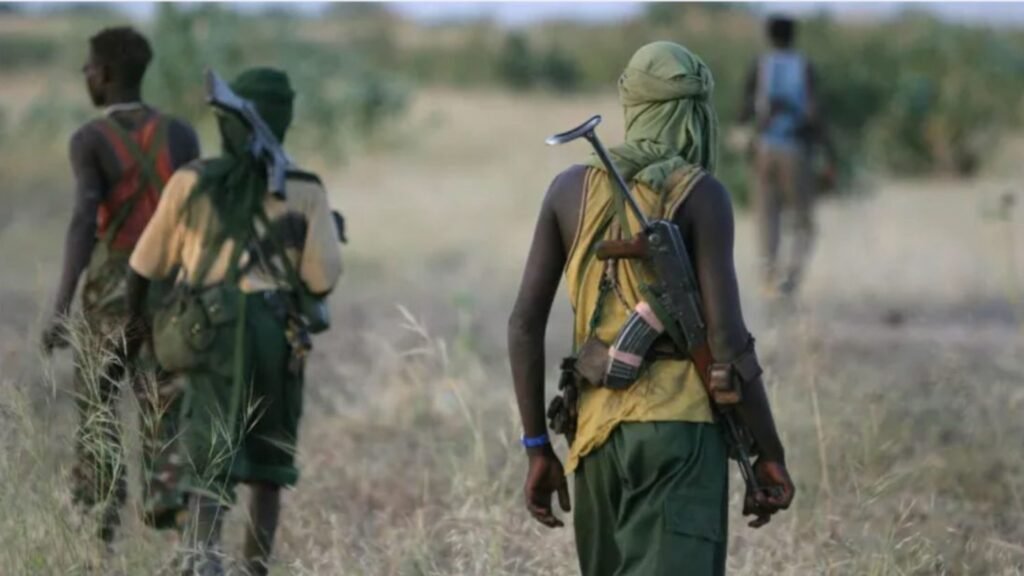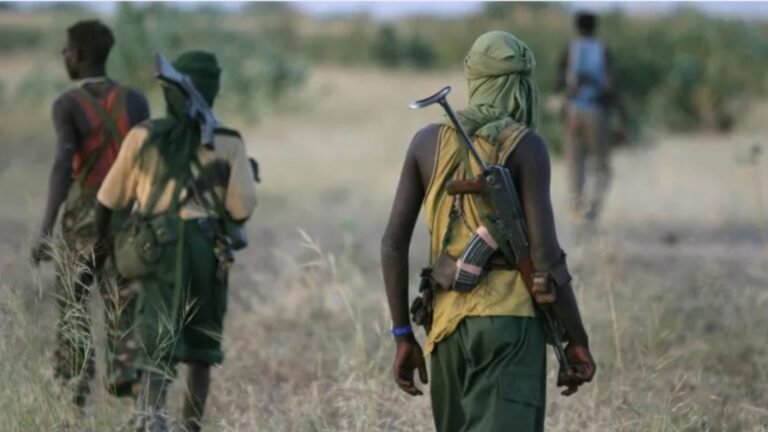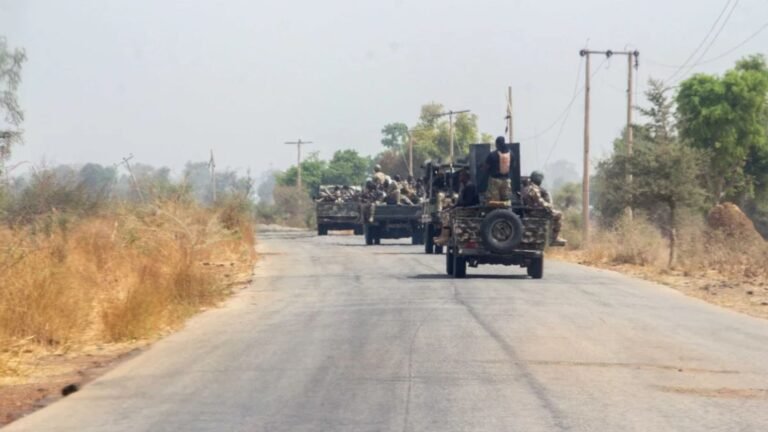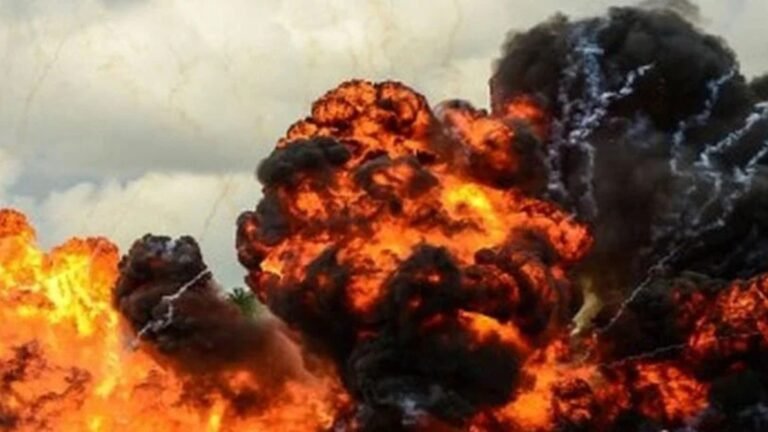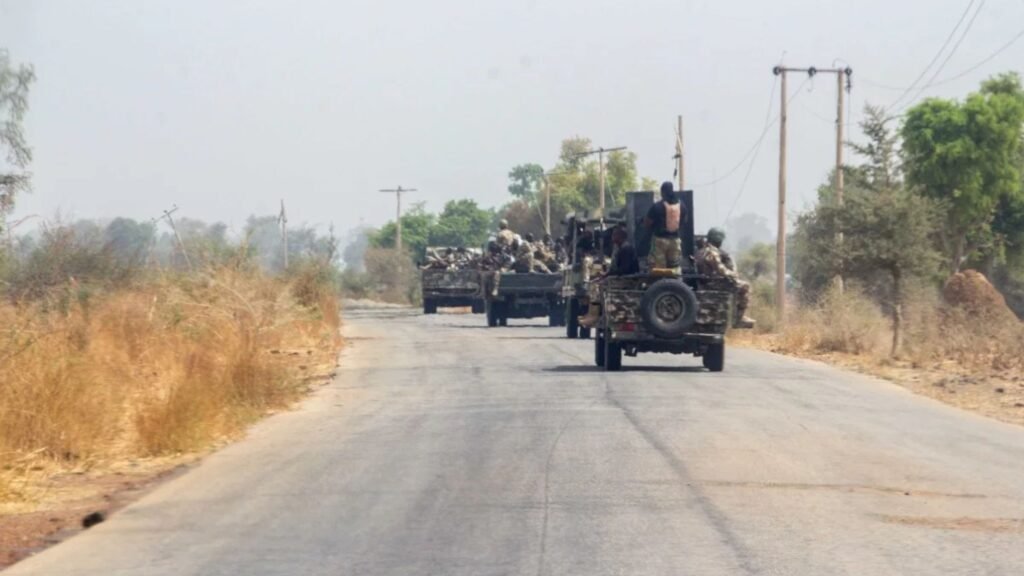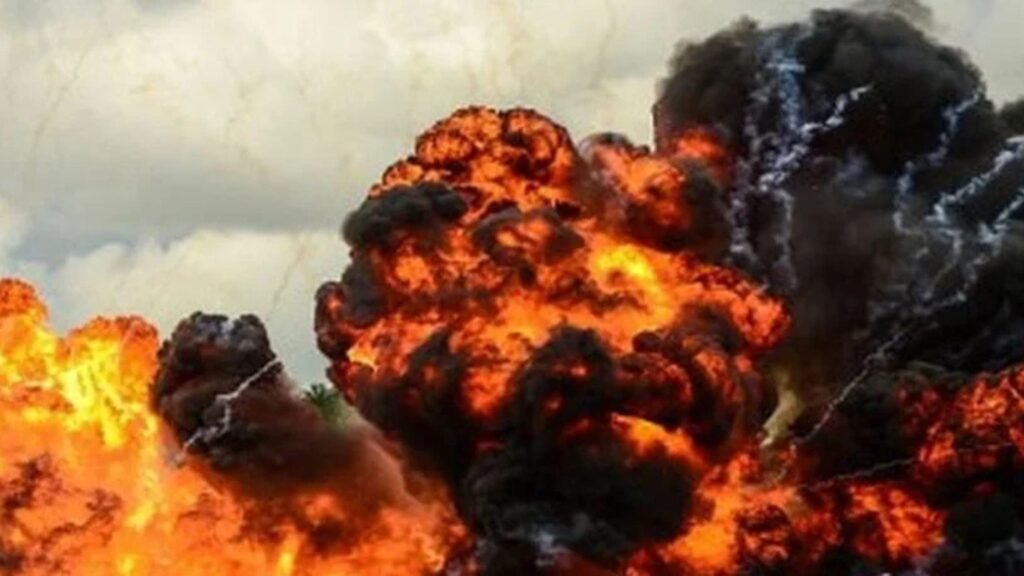Teenage farmer killed in Borno after a fatal clash with a herder in the state’s Gubio Local Government Area is the latest example of a dangerous and escalating crisis. The 18-year-old, identified as Isaye Kundili, was working on his family farm when the conflict began, leading to his untimely death. This incident, while tragic on its own, adds to the growing concerns over the persistent farmer-herder conflict in Nigeria, a crisis that has claimed thousands of lives and displaced countless communities.
The deadly encounter took place on a Friday afternoon in the remote village of Jatori. According to reports from renowned security analyst Zagazola Makama, Kundili was working on his millet and beans crops, a task he likely performed countless times. His life, however, took a fatal turn when a herder’s cattle strayed onto his field, an all-too-common trigger for violence in the region. Eyewitnesses described a heated confrontation that quickly escalated from a simple argument into a life-or-death struggle. As Kundili attempted to drive the cattle away, the herder allegedly resorted to extreme violence, shooting the teenager in the chest with a bow and arrow before fleeing the scene. The speed and brutality of the attack highlight the underlying tensions that have turned a once-manageable dispute into a violent, often deadly, encounter.
Immediately after the shooting, Kundili was rushed to the Primary Health Care Centre in Gubio. Despite the swift actions of those who found him and the efforts of medical staff, he succumbed to his injuries while receiving treatment. His death was officially confirmed by medical officials, and his remains were later returned to his grieving family. Following Islamic rites, he was laid to rest, but the pain and shock of his sudden passing are still fresh in the minds of his family and community. The fact that a young man simply working to provide for his family could be killed in such a manner underscores the vulnerability of rural communities caught in the crossfire of this conflict.
The incident in the Gubio local government has drawn the attention of authorities. The Borno State Police Command has confirmed the incident and stated that a full-scale investigation is now underway. Their primary goal is to apprehend the fleeing suspect and ensure justice is served. In an effort to make this happen, authorities are reportedly collaborating with the herders’ union. This cooperation is crucial, as it could help de-escalate tensions and prevent further retaliatory attacks. By working together, the various parties hope to identify the perpetrator and hold them accountable, which could send a strong message that such violence will not be tolerated.
The Borno State clash is not an isolated event. It is a microcosm of a much larger, more complex problem that has plagued northern Nigeria for decades. The roots of the conflict are multifaceted, stemming from climate change, desertification, and population growth. As desertification pushes herders and their cattle south in search of grazing land, they increasingly come into contact with farming communities. This competition for dwindling resources—land and water—is the main driver of the conflict. The violence is often amplified by a lack of trust between the two communities and the proliferation of small arms, turning minor disagreements into deadly armed conflicts. The lack of a clear, consistent government response and a perceived culture of impunity have also contributed to the ongoing cycle of violence.
This specific case, involving a young farmer, serves as a poignant reminder of the human cost of this conflict. Families lose their sons, communities lose their future, and the very fabric of rural life is torn apart. The death of Isaye Kundili represents more than just a tragic news story; it is a call to action. It highlights the urgent need for a lasting solution that addresses the root causes of the conflict, from environmental degradation to economic marginalization. Without a comprehensive strategy that promotes dialogue, ensures justice, and provides sustainable livelihoods for both farmers and herders, incidents like this will continue to threaten the peace and stability of the entire region. The story of this teenage farmer killed in Borno will not be the last unless a genuine effort is made to end the cycle of violence.
